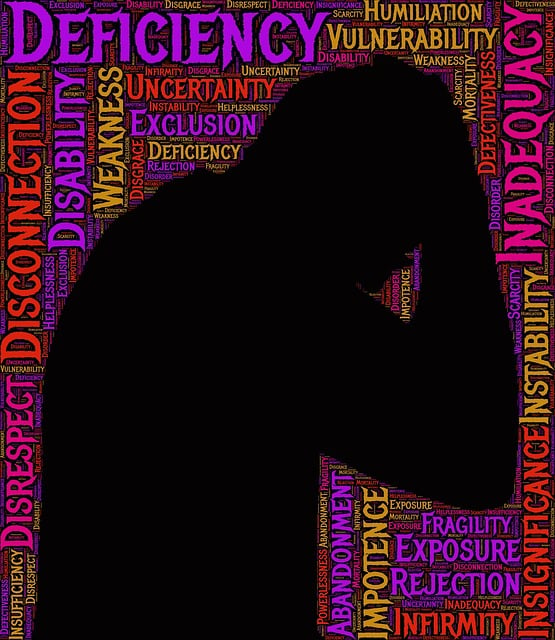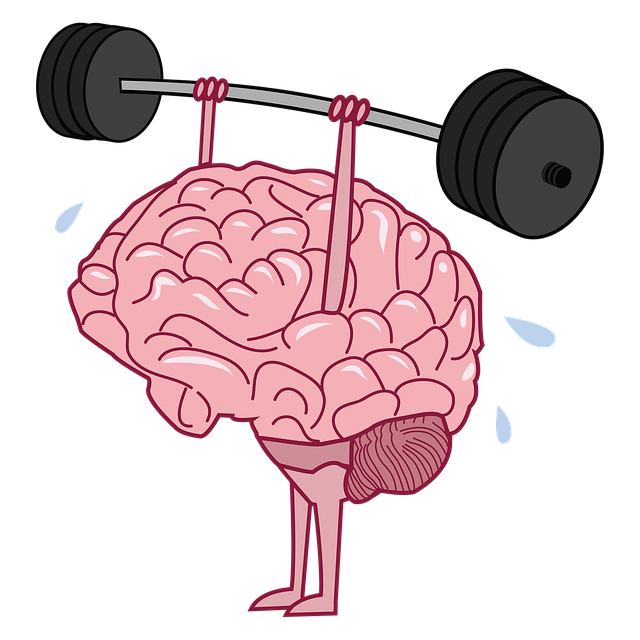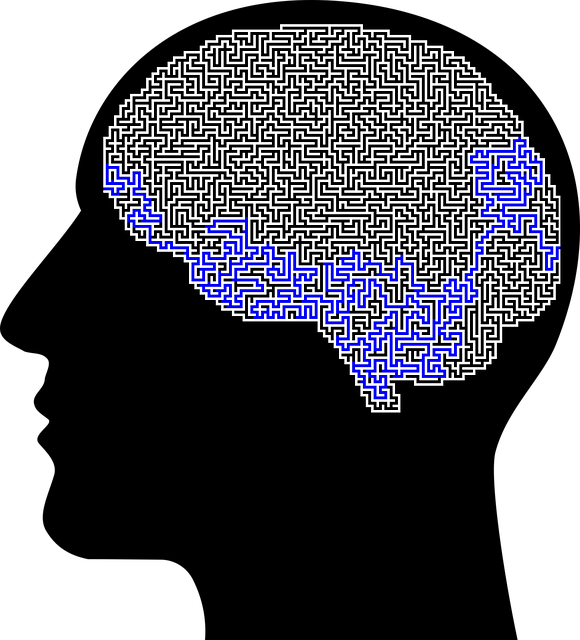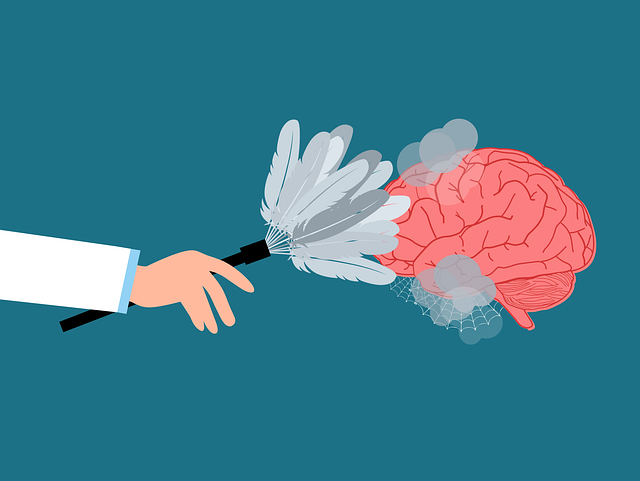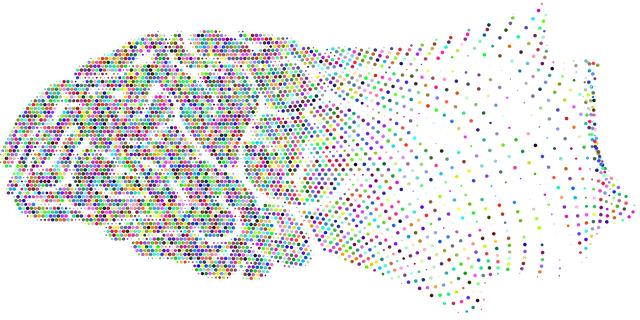Lone Tree Anxiety Therapy offers specialized support for trauma recovery, empowering individuals to process experiences, develop coping skills, and build resilience through CBT, mindfulness, and personalized self-care routines. Building a strong support network involving trusted individuals or groups is crucial for successful healing, enhancing mental wellness and communication skills. Accessing their services and resources, along with online platforms like Stress Management Workshops Organization, facilitates efficient emotional healing and helps survivors navigate their journey towards rebuilding lives post-trauma.
Trauma can have profound, lasting effects on individuals’ mental health and daily lives. This article explores comprehensive trauma support services, focusing on how organizations like Lone Tree Anxiety Therapy play a pivotal role in recovery. We delve into understanding trauma’s impact, the therapeutic approaches they offer, building supportive networks, accessing resources, and practical tips for fostering an environment that aids those with a history of trauma. By exploring these avenues, we aim to enhance awareness and promote effective support.
- Understanding Trauma and its Impact
- The Role of Lone Tree Anxiety Therapy in Support
- Building an Effective Support Network
- Accessing and Utilising Available Resources
Understanding Trauma and its Impact

Trauma is a profound and complex experience that can leave lasting effects on an individual’s mental health and overall well-being. It’s important to understand that trauma doesn’t necessarily refer to a single, significant event but can also result from prolonged exposure to distressing situations or chronic stress. This could include experiences like abuse, violence, natural disasters, or even ongoing challenges such as poverty or social inequality. The impact of trauma is multifaceted; it can manifest as intense emotions, flashbacks, nightmares, and physical symptoms, affecting a person’s ability to function in daily life.
At Lone Tree Anxiety Therapy, we recognize the profound effect trauma can have on individuals, often leading to conditions like post-traumatic stress disorder (PTSD). Our approach focuses on providing comprehensive support to help clients process and overcome their traumatic experiences. This includes offering guidance on mental wellness journaling exercises as a therapeutic tool for self-reflection and healing. Additionally, we assist in developing tailored self-care routines for better mental health and resilience building, empowering individuals to navigate the aftermath of trauma with strength and hope.
The Role of Lone Tree Anxiety Therapy in Support

Lone Tree Anxiety Therapy plays a pivotal role in supporting individuals facing trauma by offering specialized services tailored to address anxiety and its related disorders. Their approach focuses on empowering clients to develop effective coping skills, fostering mental health awareness, and promoting self-care practices. Through one-on-one therapy sessions, the team at Lone Tree Anxiety Therapy creates a safe space for individuals to process their traumatic experiences, gain insights into their anxiety triggers, and learn evidence-based strategies to manage symptoms effectively.
By integrating various therapeutic techniques, such as cognitive behavioral therapy (CBT) and mindfulness practices, Lone Tree Anxiety Therapy helps clients challenge negative thought patterns, reduce anxiety responses, and cultivate a deeper sense of self-compassion. This holistic approach not only supports trauma recovery but also equips individuals with the tools to navigate future challenges, fostering resilience and improved overall well-being.
Building an Effective Support Network

Building an effective support network is crucial for anyone navigating trauma recovery, especially those relying on Lone Tree Anxiety Therapy. This involves cultivating a circle of trusted individuals who can provide emotional support, practical assistance, and encouragement throughout the healing process. Strong social connections have been shown to enhance mental wellness and expedite the development of communication strategies essential for processing traumatic experiences.
By fostering meaningful relationships with family, friends, or support groups, individuals can engage in open dialogue about their feelings, fears, and progress. This fosters a sense of belonging and reduces feelings of isolation commonly associated with trauma. Furthermore, integrating Mental Wellness Coaching Programs into this network allows for personalized guidance and strategies to manage symptoms like anxiety and depression, ultimately facilitating more effective Emotional Healing Processes.
Accessing and Utilising Available Resources

Accessing and utilising available resources for trauma support is a vital step towards healing and recovery. Many individuals struggling with trauma may feel overwhelmed or unsure where to turn, but there are numerous organisations dedicated to providing assistance. One such example is Lone Tree Anxiety Therapy, which offers specialised services tailored to address anxiety disorders stemming from traumatic events. They provide a safe space for individuals to process their experiences and develop coping strategies.
These resources can take various forms, including therapy sessions, support groups, online platforms, or educational workshops. For instance, organisations like the Stress Management Workshops Organization host informative sessions focused on depression prevention and positive thinking techniques. These initiatives empower individuals to manage stress, overcome challenges, and cultivate resilience in the face of adversity. By leveraging these available resources, survivors can navigate their journey towards healing and rebuild their lives.
Trauma support services play a vital role in helping individuals navigate the challenging aftermath of traumatic events. As highlighted in this article, understanding trauma and its far-reaching effects is the first step towards providing effective assistance. Lone Tree Anxiety Therapy offers specialized treatment, addressing the unique needs of survivors. By building supportive networks and leveraging available resources, such as therapy services, individuals can find healing and rebuild their lives. Accessing these resources promptly can significantly impact long-term mental health outcomes. Remember that seeking help is a courageous step towards recovery, and with the right support, trauma’s impact can be minimized.

